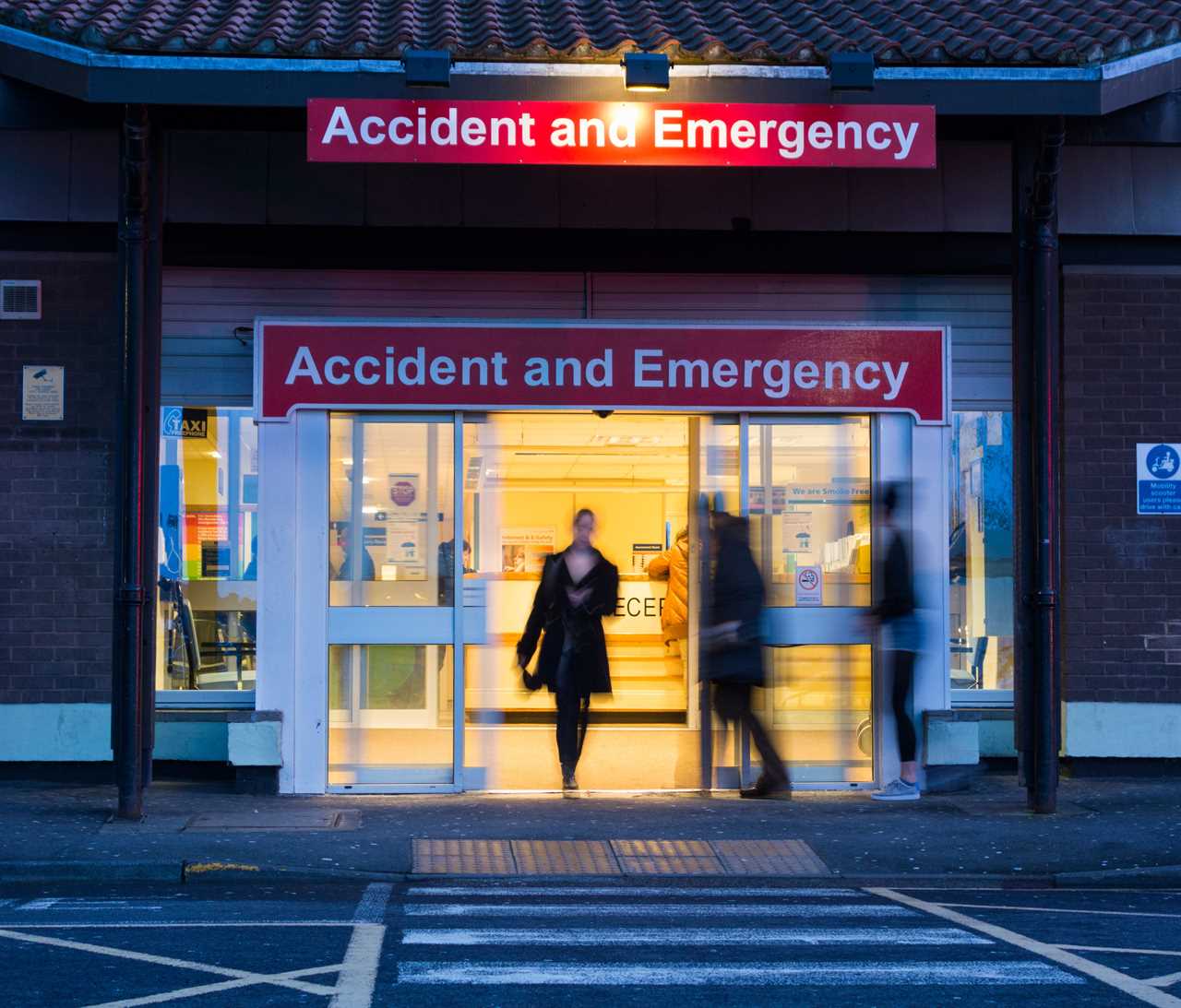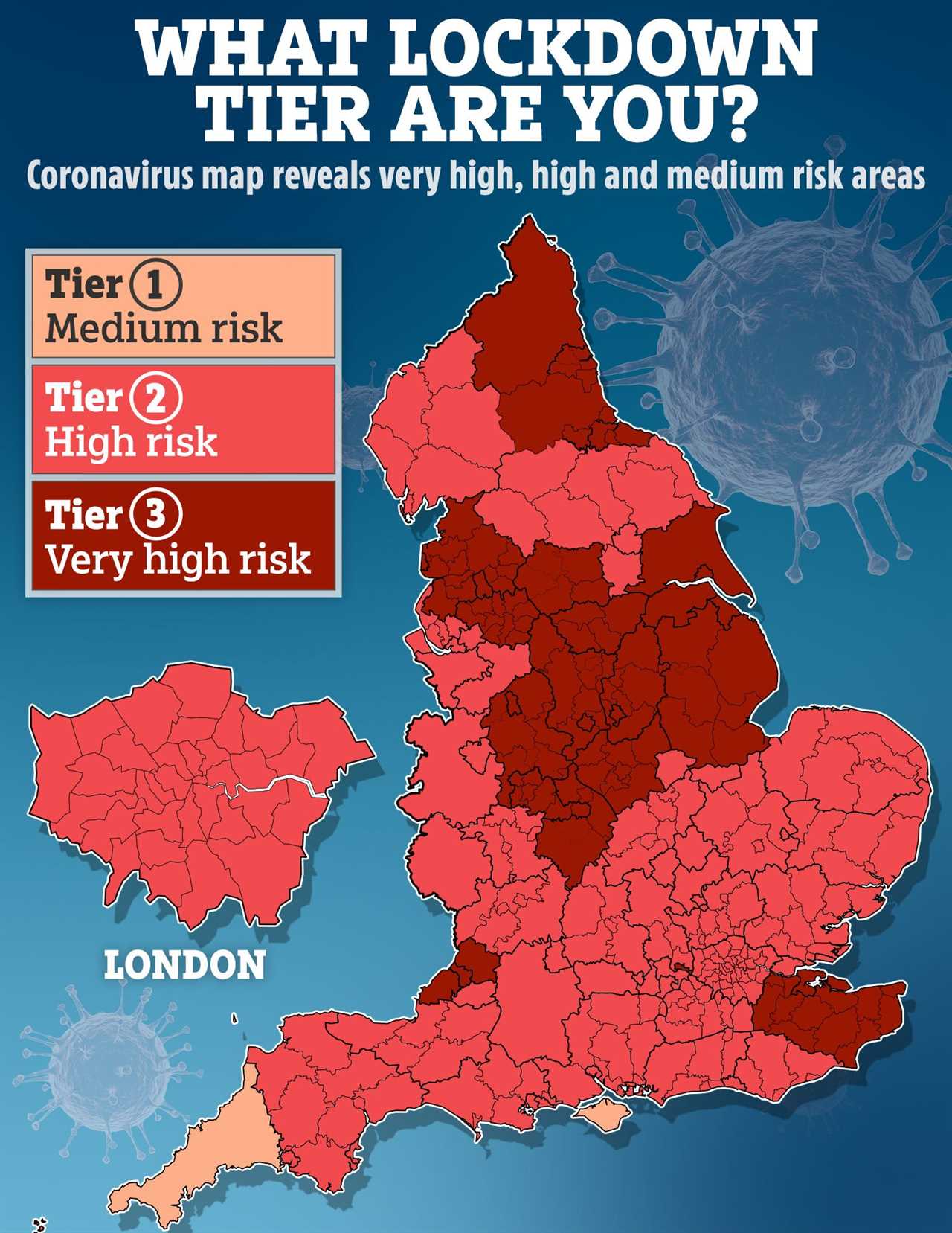BRITS will be told to call NHS 111 to book “urgent” slots in Accident & Emergency departments in a bid to stop overcrowding this Winter.
Health officials insist the change will allow patients with an “urgent but not life-threatening” medical need to be seen more quickly.

According to the Telegraph, the NHS will run an advertising campaign across TV and billboards next week urging the public to use the phone line to secure an appointment at their local casualty unit rather than just turn up.
Officials told the paper that the change would lead to shorter waiting times and allow for social distancing in hospitals, as the service can direct patients to other services such as a GP appointment or pharmacist.
This could reduce the risk of coronavirus spreading in crowded A&E departments as the government aims to keep transmission low in healthcare settings.
A pilot scheme has already been running in 27 areas since the summer ahead of a national launch next week.
A&E doctors have welcomed the change – but fear the rollout may have been rushed.
Dr Chris Moulton, an A&E consultant at Bolton NHS Foundation Trust, told the Telegraph: “The last thing when you are in an emergency is to make a phone call – if you’ve chopped your finger off, you don’t want to phone before you go.”
Professor Stephen Powis, the NHS national medical director, said: “Giving patients who are not emergency cases the option of booking a prompt appointment, as well as the option of turning up, can help give the public the confidence to come forward for care.”
He added that the scheme could help reduce the spread of Covid-19 by “reducing the numbers and making it easier to socially distance in A&E waiting rooms”.
Emergency admissions in England fell dramatically during the first lockdown as many feared contracting the virus in hospital.
Data published by NHS England reported by iNews showed 0.9 million A&E attendances were recorded in April 2020, down 57% from 2.1 million in April 2019.
It comes as Chris Hopson, chief executive of NHS Providers, this morning warned that the health service was entering a crucial period and the new tier system was vital to keep hospitalisations low.
He said: “You need to take the precautions now to ensure that the NHS doesn’t get overwhelmed at what is always its busiest time of year.”







